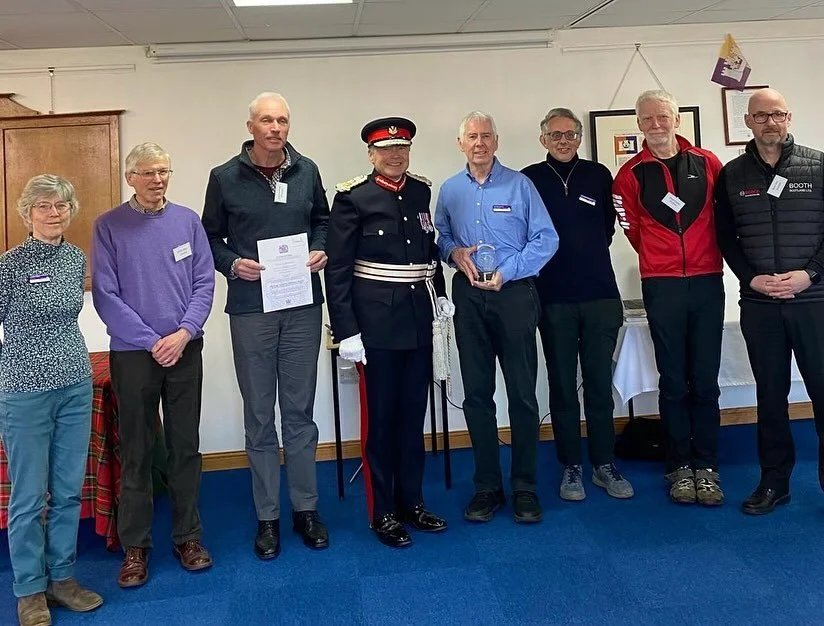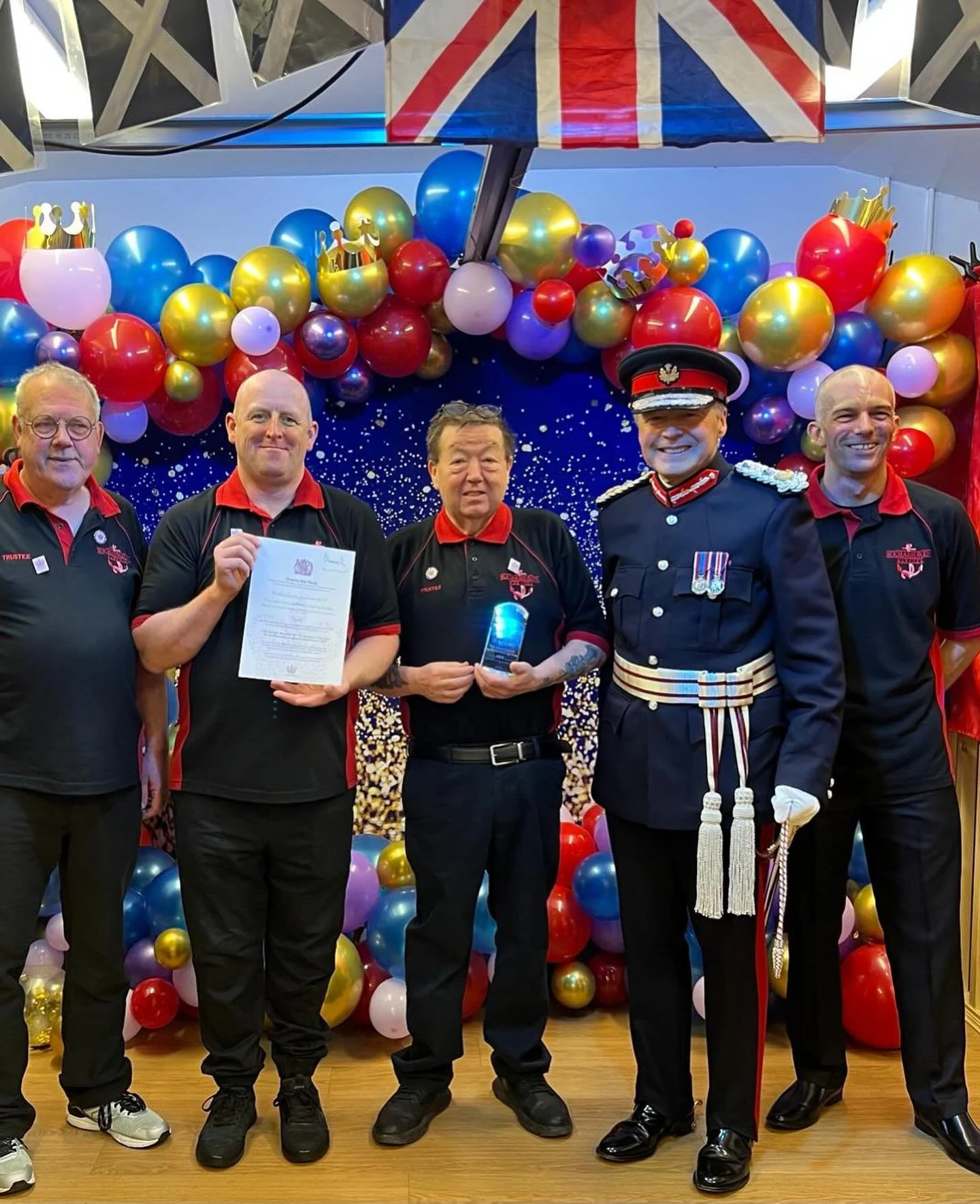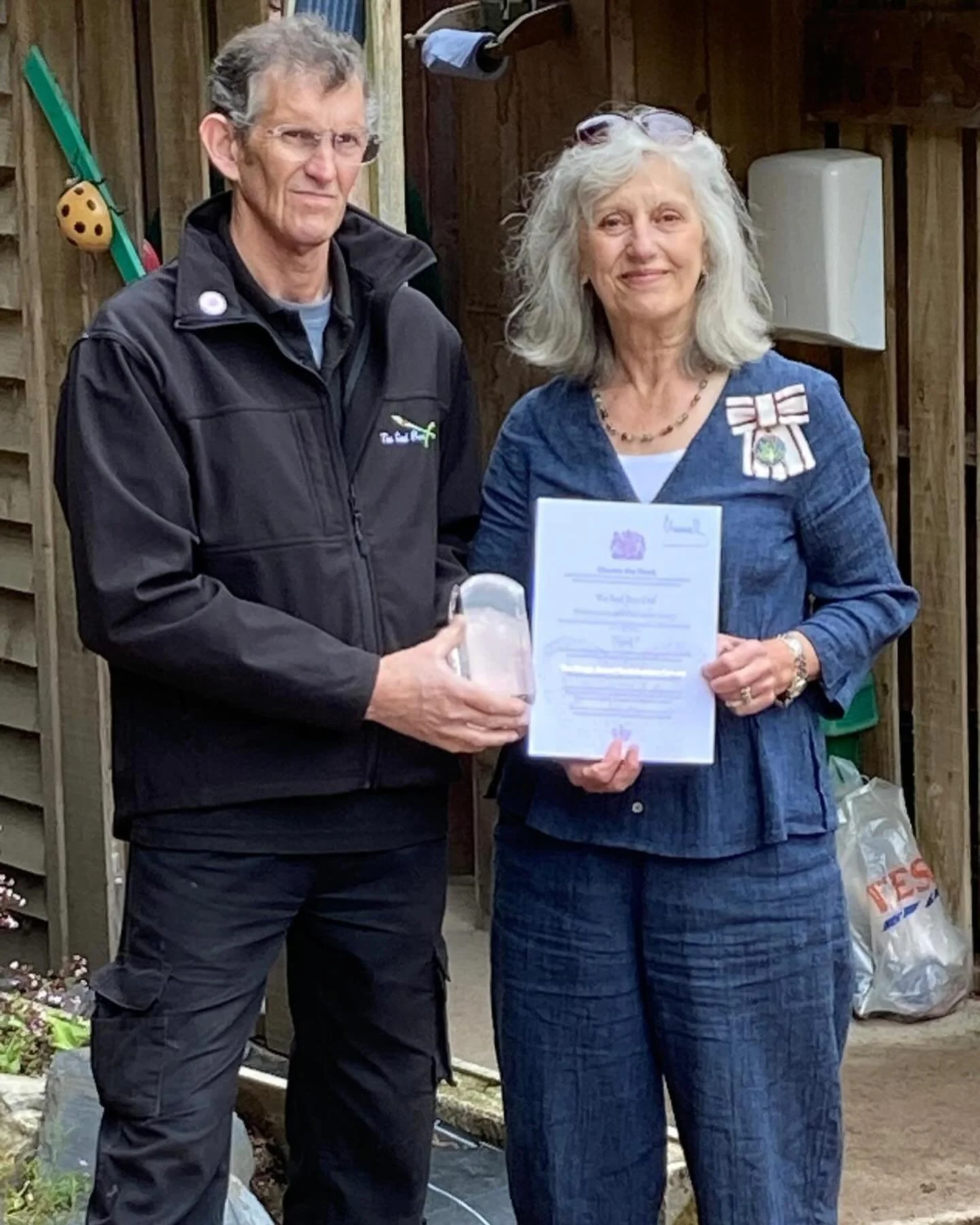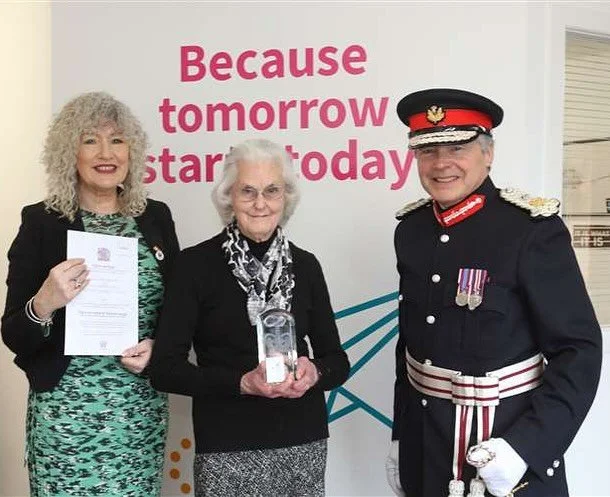King’s Award for Voluntary Service
The King’s Award for Voluntary Service (KAVS) was formerly the Queen’s Award for Voluntary Service (QAVS) and is the most prestigious award given to volunteer groups across the UK, celebrating their outstanding work within their communities. The KAVS shines a light on these wonderful groups and like an MBE, it is awarded for life. Any group of two or more people doing volunteering work can be nominated for the award. The majority of the group must be volunteers, and more than half the volunteers must have the right to live in the UK.
To be nominated they should do work that:
provides a service and meets a need for people living in the local community
is supported, recognised and respected by the local community and the people who benefit from it
is run locally
Volunteer groups should have been running for 3 years or more to be nominated. Winners receive a certificate signed by the King and a domed glass crystal. Representatives from the group may also be invited to attend a Royal Garden Party.
Local assessment panels look at all the nominations and decide which ones to send to the National Awards Committee. The Committee makes recommendations to the Cabinet Office, which sends a final list to the King for his approval.
How to make a nomination
You can nominate a group for the King’s Award for Voluntary Service online. You do not have to be part of the group and you can make your nomination at any time. Read the notes if you need help. When you nominate a group you also need letters from two people who support your nomination and are independent from the group you’re nominating - for example:
someone who benefits from the group’s work
someone who is aware of the group’s work
The letters must include:
how the group helps the local community
how you know the group
The nomination window for the 2025 round of awards is now closed. The 2026 window will open later this year.
